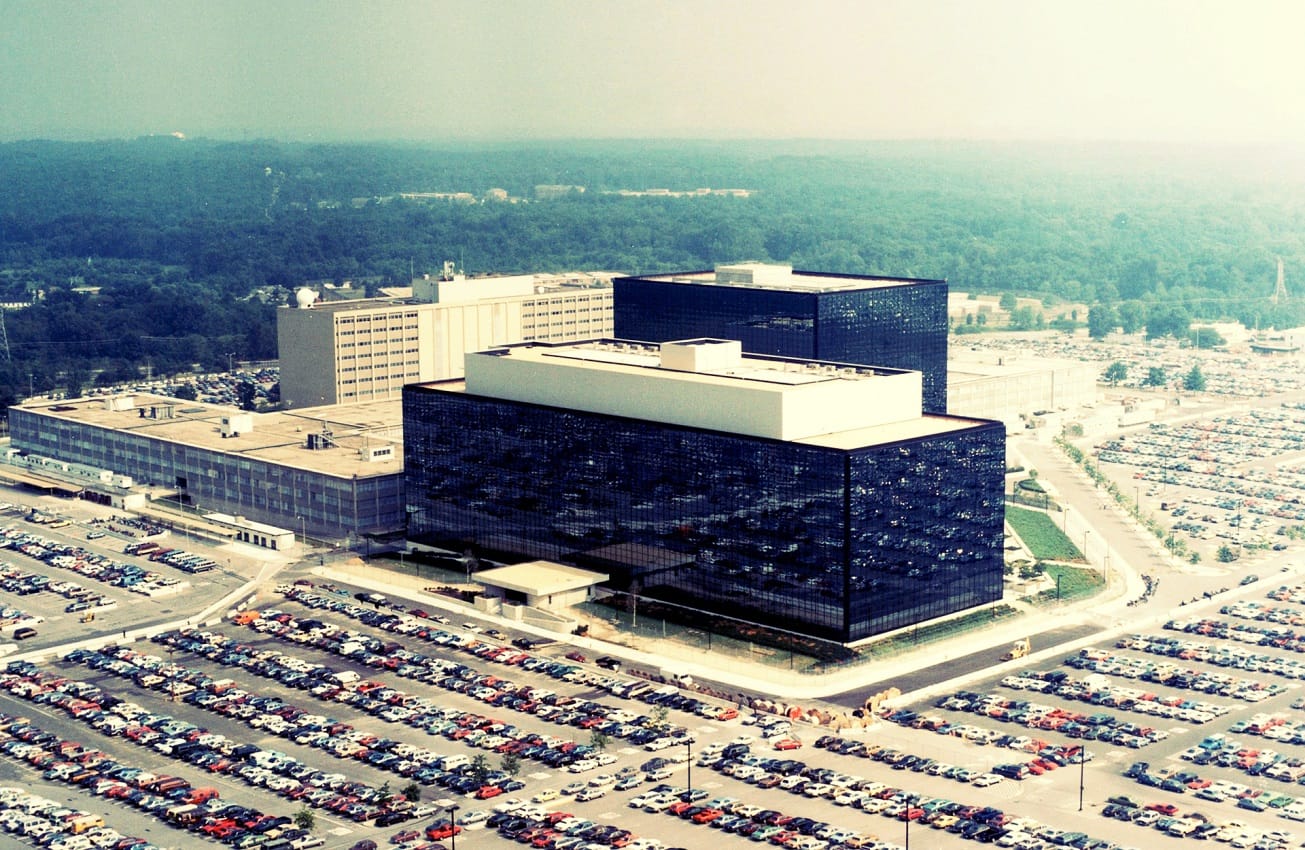
Terrorism and Civil Liberties essay
The NSA terrorist surveillance program was adopted by the National Security Agency of the United States of America after the terroristic attacks on Tuesday 11 September 2001, a part of the wider President’s Surveillance Program, carried out under the umbrella of the war against terrorist organizations and terrorism as a whole. Some legal scholars admitted that this program violatedthe law whereas others stated that President’s actions were very important to protect the nation’s security.
This theme is topical and I am going to define and explore the NSA terrorist surveillance program, and to address the differences between the NSA program and the 4th Amendment restrictions on law enforcement in a proper way.
To begin with, the NSA and a secret signals intelligence agency, introduced the above-mentioned programin order to intercept the communications of Al Qaeda overseas.
George W. Bush and his administration named this program “the Terrorist Surveillance Program” in reply to the warrantless surveillance controversy of the NSA following revealing of that surveillance program.It was stated that this terrorist surveillance program conducted without any judicial and legal supervision mandated by FISA, and the legal issues to that program are presently undergoing some judicial review cases. Since the technical characteristics and elements of this program have not been revealed, it is impossible to find out if the terrorist surveillance program is subject to FISA or not.Moreover, it is unknown and unclear if this is the real and initial name of that program. Firstly, this term was first offered by President Bush in a public conference on January 23, 2006.
In addition, Anna Diggs Taylor U.S. district judge primarily recognized this program as illegal and unconstitutional. Attorney GeneralAlberto Gonzales sent an official letter to the Senate leaders of the United States that this program would be subjected to judicial and legal supervision, and would not be empowered by the U.S. President. Stout (2007) states that this letter reports the following:“Any electronic surveillance that was occurring as part of the Terrorist Surveillance Program will now be conducted subject to the approval of the Foreign Intelligence Surveillance Court” (para. 5).
Let us now focus our attention on The Fourth Amendment restrictions on law enforcement. The 4th Amendment to the Constitutionis a part of the Bill of Rights. Like any other amendments comprising the Bill of Rights, it was submitted to Congress on September 5, 1789 and ratified by the necessary number of staff on December 15, 1791. The Fourth Amendment prohibits arbitrary searches and arrests. According to Cornell University Law School (n.d.), the 4th Amendment runs “The right of the people to be secure in their persons, houses, papers, and effects, against unreasonable searches and seizures, shall not be violated, and no Warrants shall issue, but upon probable cause, supported by Oath or affirmation, and particularly describing the place to be searched, and the persons or things to be seized” (para. 1).
The NSA terrorist surveillance program that permits the Executive Branch’s representative to monitor the international phone calls without a certain warrant violates the Fourth Amendment of the USA Constitution.Furthermore, the 4th Amendment consists of a well-grounded and reasonable requirement and a warrant requirement. Hence, the NSA terrorist surveillance program violates both a reasonable test of the 4th Amendment of the Constitution and a warrant requirement.
Thus, taking the above-mentioned information into account, it is possible to conclude that the differences between the NSA program and the 4th Amendment are that the first one monitors the phone conversations, but the second one does not apply those actions considering them to be unconstitutional and illegal.

